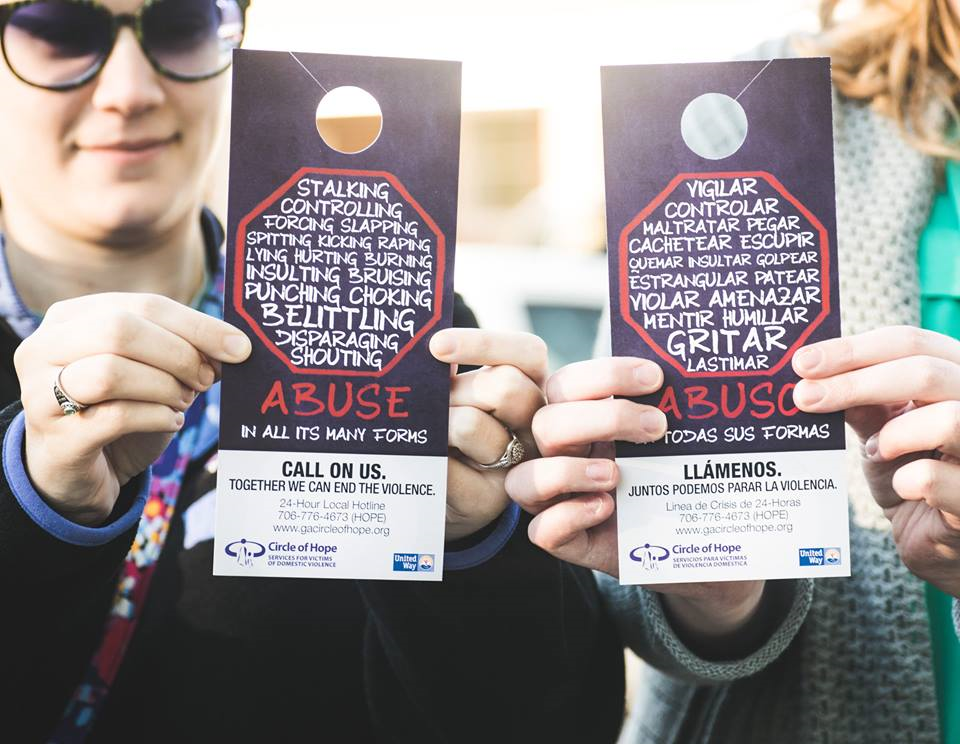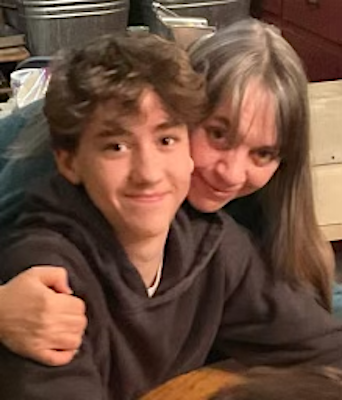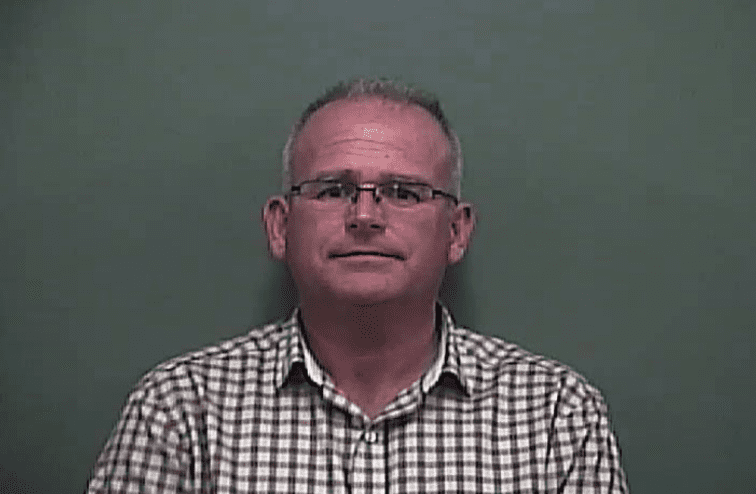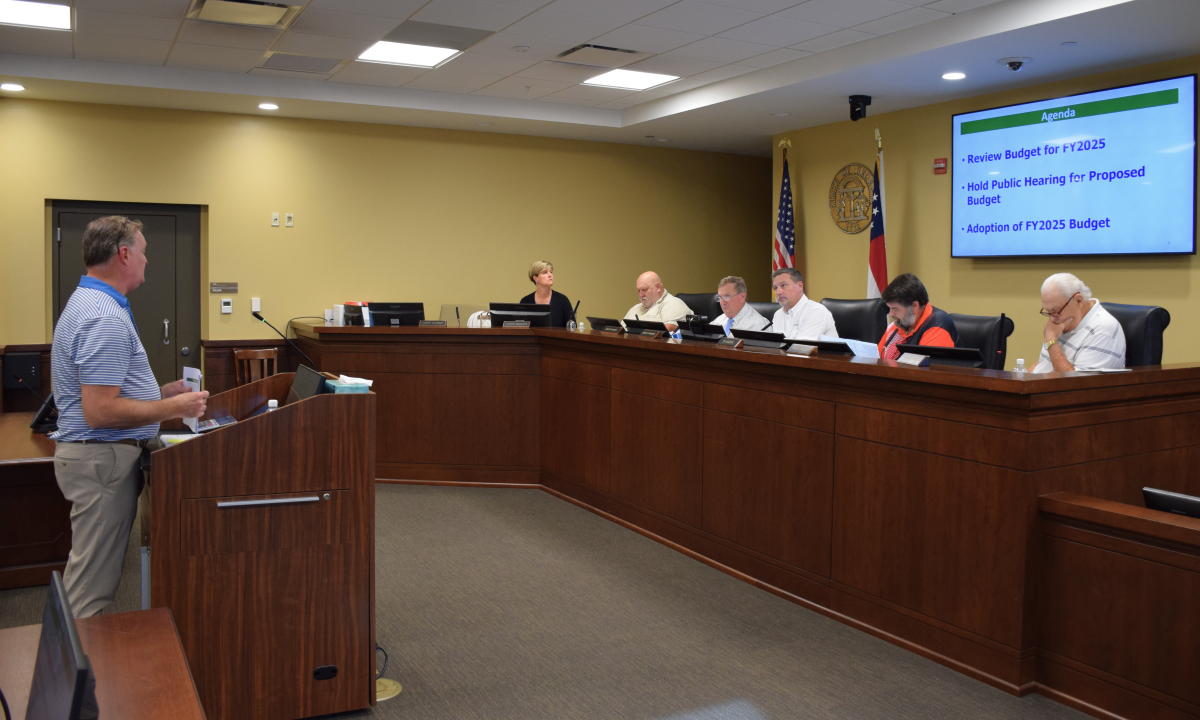
Shelter • Services • Advocacy for Victims of Domestic Violence
Circle of Hope is a multi-faceted domestic violence agency with the mission to support, empower and bring hope to those affected by domestic violence through advocacy, awareness, education, and community partnerships. Emphasis is also placed on offering extended housing services by means of four distinct housing programs that offer short to long-term supportive housing for families who need assistance.
Circle of Hope also provides a K-12 and collegiate school-based Violence Prevention Program and professional in-service training to businesses, social service agencies, and law enforcement agencies.
All of Circle of Hope’s services are free and confidential and are partially funded through the generous support of the Habersham County United Way.
24-HOUR LOCAL HOTLINE: 706-776-4673 (HOPE)
Visit Circle of Hope online at https://www.gacircleofhope.org
Circle of Hope Services
Emergency Shelter: Crisis intervention and support services for those who are not safe in their own home. The shelter offers a range of services designed to provide immediate safety, meet the needs of victims, and to help them gain independence.
24-Hour Crisis Intervention Services: Answered 24 hours a day, 365 days a year. Callers are assisted with safety planning, service options, crisis counseling, prevention information, and social service referrals.
Legal Advocacy Services: Assist victims with obtaining Temporary Protective Orders, accompany victims to court hearings and help victims navigate the judicial system. Advocates also help eligible victims apply for Victims Compensation and pursue criminal warrants through magistrate court and provide support and advocacy to victims whose perpetrators are involved in misdemeanor and felony criminal cases.
Trauma-Focused Counseling: Licensed therapists help survivors and children heal from the abuse experienced.
Mobile Advocacy Program: Advocacy services available in multiple locations throughout the community. Services may include safety planning, relocation assistance and access to community resources.
Court Advocacy Program: Support and advocacy to victims whose perpetrators are involved in criminal cases related to domestic violence.
Pet Shelter: Pet sanctuary at the Emergency Shelter that allows victims to escape abusive situations without leaving behind their pets.
Support Groups: Support groups that allow survivors to express their feelings in a confidential and supportive atmosphere where they are surrounded by others who are or have been, in similar situations.
Children’s Program: Advocacy, mentoring, recreational activities, family enrichment activities, individual counseling, support groups, school liaison services, and age-appropriate safety planning.
Personal/Financial Advocacy: Facilitating referrals and/or providing agency resources to meet individual needs including medical, food, financial, legal, housing, clothing, employment training, relocation, transportation, financial literacy, education, and other needs.
Skill Development: Parenting support and life skills education provided in class and one-on-one settings.
Substance Abuse Treatment: Certified addictions counselors help survivors maintain sobriety.
Equine Therapy: A joint effort between the survivor, therapist, and horse professional that uses a trained therapy horse as a tool for emotional and spiritual growth and learning. Circle of Hope contracts with Reins of Life for this service.
Transitional, Rapid Re-Housing, and Permanent Housing Programs: Housing units and a transitional housing facility in which shelter residents can transition from emergency shelter to violence-free permanent housing while receiving ongoing case management, advocacy and support services focused on healing and economic independence.
DV Housing First Program: Time-limited financial housing assistance, case management, advocacy and support services focused on healing and economic independence are provided to families that have not entered shelter but need support to remain in their home after the perpetrator has left and/or to assist those with household startup cost if remaining in their home is not a safe option.
Prevention Program: Comprehensive, age-appropriate school-based program to educate youth about healthy relationships. Includes collaboration with local colleges and other youth-serving agencies by facilitating workshops and participating in special events.
Community Education: Training available to health-care professionals, law enforcement officials, faith-based leaders, community organizations, corporations, and professional associations on the dynamics of domestic violence.







